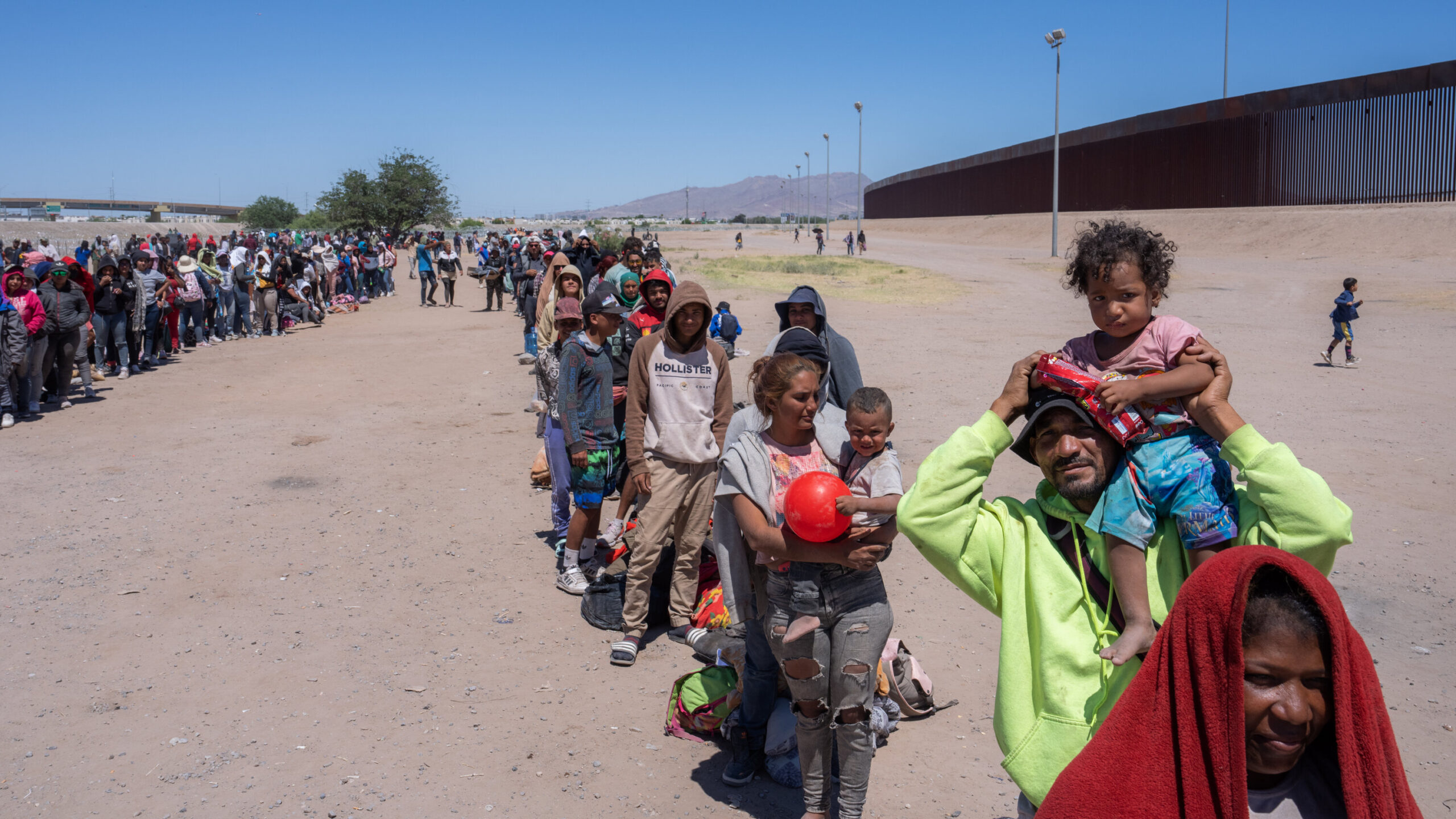The Bahá’í teachings present a profound perspective on the notion of borders—both physical and metaphorical. What if all borders went away? To explore this hypothetical scenario, one must delve into the foundational principles of the Bahá’í Faith, emphasizing unity, peace, and the intrinsic value of all humanity. Understanding these principles can illuminate the potential implications of a borderless world.
The Concept of Unity in Diversity
At the heart of the Bahá’í teachings lies the principle of unity in diversity. This concept posits that while humanity is diverse in culture, race, and belief, we are fundamentally united as members of a single human family. Removing borders could hypothetically enhance this unity by fostering closer relationships between people of varying backgrounds. Without geopolitical divisions, the potential for intercultural dialogue and collaboration would surge, allowing for a holistic appreciation of diverse traditions and perspectives.
Impact on Global Citizenship
The elimination of borders could redefine what it means to be a global citizen. In a world without national demarcations, individuals might see themselves first and foremost as citizens of the world. This expanded consciousness could lead to a greater sense of responsibility for global well-being. The Bahá’í Faith encourages its adherents to act in service to humanity as a whole, aligning with the notion that responsibilities extend beyond local or national affiliations. A borderless realm could catalyze this ethos, prompting individuals to contribute to global issues such as climate change, poverty, and human rights more vigorously.
Redefining Identity
In a world devoid of borders, individual and collective identities would undergo significant transformation. National identity, often tied to citizenship and territorial allegiance, may begin to dissipate. Instead, a more universal identity could emerge, grounded in shared human experiences and values. The Bahá’í teachings emphasize that the spirit of humanity transcends national and ethnic divisions, which could facilitate the formation of a stronger global community focused on collaboration rather than competition.
Socioeconomic Implications
The removal of borders may have profound socioeconomic repercussions. Currently, economies are often organized around national interests, with trade barriers, tariffs, and immigration laws shaping economic interactions. In a borderless world, economic systems could become more interconnected and equitable. Resources may be allocated based on need rather than geographic location, leading to enhanced collaboration for sustainable development. Per the Bahá’í teachings, prosperity should be shared, advocating for equitable distribution of resources. By fostering an environment where wealth and resources circulate freely, greater opportunities for alleviating poverty could arise.
Promotion of Peace
A crucial aspect of Bahá’í teachings is the pursuit of peace. Borders frequently serve as points of contention, with territorial disputes often leading to conflict. If these divisions were eliminated, the underlying causes of many conflicts could potentially diminish. A borderless existence may promote dialogue and reconciliation, allowing for collaborative problem-solving among diverse groups. Moreover, in the absence of borders, military expenditures could be redirected towards initiatives that promote education, health care, and environmental sustainability.
Cultural Exchange and Enrichment
In a world without borders, the barriers that currently inhibit cultural exchange would be significantly diminished. The Bahá’í Faith champions the idea that diverse cultures contribute uniquely to the tapestry of human civilization. Without borders, cultures could intermingle freely, fostering deeper understanding and appreciation for various worldviews. This cultural amalgamation could enrich societies, encouraging innovation and creativity. The arts, in particular, might flourish as artists draw from a vast array of influences, ultimately leading to a more vibrant global culture.
Challenges of a Borderless Existence
While the vision of a borderless world may appear idealistic, it is crucial to acknowledge the challenges that may arise. The absence of borders could present logistical dilemmas surrounding governance, resource management, and law enforcement. Questions regarding security, immigration, and public health necessitate careful consideration. A robust framework would be essential to address these challenges, grounded in the principles of justice and equity that the Bahá’í Faith espouses. It is imperative that any transition towards a borderless society upholds the rights of individuals while ensuring the welfare of communities.
The Path Forward
Exploring the prospect of a world without borders encourages reflection on the values we hold dear. The Bahá’í teachings urge individuals to cultivate love and understanding, promoting an intrinsic sense of interconnectedness among all peoples. Progressing towards this vision necessitates actionable steps; education, dialogue, and empathetic engagement are vital in fostering a borderless mindset.
Ultimately, in contemplating the possibility of a borderless world, the fundamental question emerges: how can we embody love, kindness, and unity in our day-to-day lives? It begins with recognizing our shared humanity and acknowledging that, regardless of borders, our destinies are intertwined. Such awareness can serve as the cornerstone for building a collaborative and harmonious future for all.
